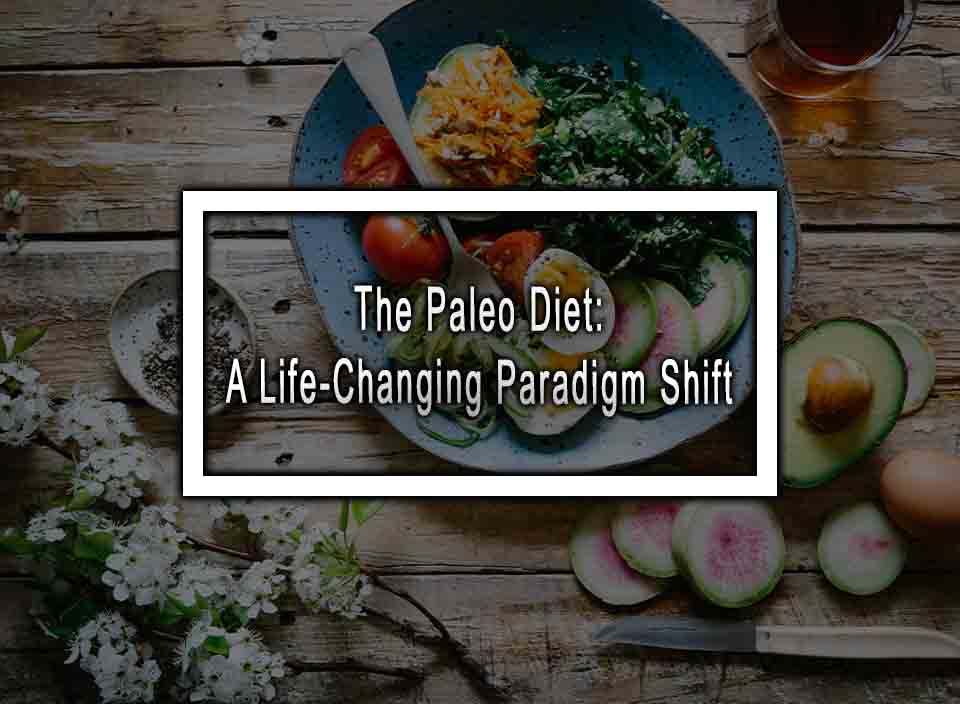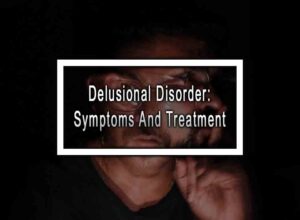Table of Contents
ToggleUnraveling the Hidden Wonders of the Paleo Diet
Embracing a healthy lifestyle is a goal that many individuals strive to achieve. In this era of modern living, the Paleo Diet stands out as a nutritional approach that takes us back to the roots of human eating habits. Join us as we explore the captivating journey into the Paleo Diet and its potential to revolutionize our overall well-being.
Understanding the Basics of the Paleo Diet
The concept underlying the Paleo Diet revolves around consuming whole, unprocessed foods that mirror those of our Paleolithic ancestors. By adopting a diet rich in fruits, vegetables, lean meats, nuts, and seeds, and excluding processed foods, grains, legumes, and dairy, proponents believe we can optimize our health and vitality.
Benefits of the Paleo Diet
1. Enhanced Nutrient Density: Paleo-friendly foods are packed with essential vitamins, minerals, and antioxidants, ensuring optimal nutrient intake for the body’s vital functions.
2. Weight Management: By emphasizing natural and unprocessed foods, the Paleo Diet promotes weight loss, improves insulin sensitivity, and aids in the maintenance of healthy body composition.
3. Reduced Inflammation: Processed foods, refined sugars, and grains have been linked to chronic inflammation, whereas the Paleo Diet seeks to eliminate these triggers, potentially lowering the risk of inflammatory diseases.
4. Improved Digestion: The Paleo Diet encourages the consumption of fiber-rich foods and eliminates potential irritants, contributing to a healthy digestive system and reducing gastrointestinal distress.
5. Enhanced Energy Levels: This dietary approach promotes stable blood sugar levels, preventing energy crashes and providing sustained energy throughout the day.
Conclusion
As we journey through the realm of health and wellness, the Paleo Diet emerges as an innovative approach that embraces the benefits of natural, unprocessed foods. By prioritizing the consumption of fruits, vegetables, lean proteins, and healthy fats, this diet fosters overall well-being, weight management, reduced inflammation, improved digestion, and increased energy levels. Embrace the fascinating journey into the Paleo Diet and unlock the potential for a healthier and vibrant future!
Paleo Diet FAQs
Here are the most common questions about the Paleo diet.
1. What can I eat on the Paleo diet?
On the Paleo diet, you can eat a variety of lean meats, fish, fruits, vegetables, nuts, seeds, and healthy fats like avocado and olive oil. Dairy products, grains, legumes, processed foods, and added sugars should be avoided.
2. Is the Paleo diet effective for weight loss?
Many people have reported weight loss success with the Paleo diet, as it promotes consuming whole, nutritious foods while eliminating processed and calorie-dense options. However, individual results may vary, and it’s important to maintain a balanced diet and lifestyle for sustainable weight loss.
3. Is the Paleo diet suitable for vegetarians or vegans?
The Paleo diet primarily focuses on animal products, making it challenging for vegetarians and vegans to follow. However, some individuals choose to follow a modified version of the Paleo diet, incorporating specific plant-based protein sources and omitting animal products.
4. Does the Paleo diet have any health benefits?
Advocates of the Paleo diet claim that it can lead to weight loss, improved blood sugar control, decreased inflammation, improved digestion, and increased energy levels. However, scientific research on the specific health benefits of the Paleo diet is limited, and more studies are needed to support these claims.
5. Is the Paleo diet safe for everyone?
While the Paleo diet promotes whole, unprocessed foods, it may not be suitable for everyone. Individuals with pre-existing medical conditions, such as diabetes or kidney disease, should consult with a healthcare professional before starting the Paleo diet. Pregnant or breastfeeding women should also exercise caution and seek professional guidance.
6. Are there any side effects of the Paleo diet?
Some people may experience initial side effects when transitioning to the Paleo diet, such as fatigue, headaches, or cravings. These side effects are typically temporary and should subside as the body adjusts to the dietary changes. It’s important to listen to your body and make any necessary adaptations to ensure a balanced and sustainable approach.












